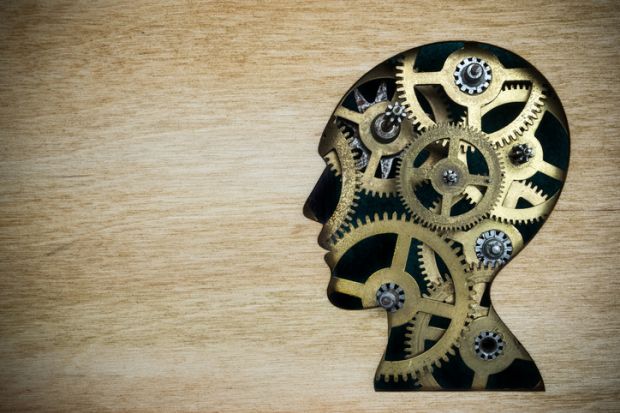
What is psychology?
Psychology is the study of the mind and human behaviour. The subject is about how those around us think, what kind of feelings they experience, how they act and interact, and what motivates them. Psychology students learn to comprehend why people act in a certain way, how they respond to the world around them and which key factors might affect this. These might be social, biological, cognitive or emotional.
It is through scientific methods that psychologists explain our behaviour. Knowing what to look for, they examine, test and make use of statistics to find patterns. But rather than just explain human behaviour, psychologists use their expertise to offer support and generate positive change.
There is overlap between psychology and a range of other disciplines such as medicine, anthropology, philosophy, biology and linguistics.
The best universities to study psychology
What might you find on a psychology degree?
Most psychology courses at university award a BSc, but some will award a BA.
There are many schools of thought in psychology and students will be introduced to most of them in their first year. For instance, learning about the differences between biological and social psychology.
Biological psychology looks at behaviour genetics and hormonal influence, while social psychology looks at humans through conditioning and environmental factors, observing how their behaviour is influenced by others. One historic debate is the nature v nurture question: whether someone acts in certain ways because of inherited or learned characteristics.
Examples of modules regularly studied include cognitive neuroscience, neurobiology, developmental psychology, social psychology, cognitive and experimental psychology, learning and memory, perception and the development of attachment behaviour.
Research methods and different types of data collection are normally seen as a key part of psychology, and courses are sometimes more statistics-based than expected.
The subject is mainly lecture and seminar-based and placements are common. Some universities give students the opportunity to do a term or a year abroad on a placement alongside professional psychologists so that they can learn from them and put into practice the skills and knowledge they acquired in year one or two of their degree.
What should I study to do a psychology degree?
Although studying psychology at school may provide a basic grounding in the subject, and also make it easier to decide whether it may be the right degree course for you, this is not always an option and the subject is rarely required by admissions tutors. In fact, the majority of institutions do not make any subjects mandatory.
A few universities require students to have studied at least one subject out of biology, physics, chemistry and maths before the start of a psychology degree course, while a small number of institutions adjust their entry requirements if certain subjects have been studied previously.
Sociology can also be relevant to tertiary study of psychology, although possessing a qualification in it does not generally lower entry requirements. Some applicants will also have studied subjects such as history, geography, philosophy, statistics or modern languages.
More subject guides
What can you do with a law degree?
What can you do with an economics degree?
What can you do with an education degree?
What can you do with a politics degree?
What can you do with a geography degree?
What can you do with a history degree?
What can you do with a biology degree?
What do people who study psychology go on to do?
Roles can be extremely wide-ranging, from educational psychology that involves working alongside adolescents, to forensic psychology, which involves working with criminals and seeking to understand why certain crimes have been committed and how offenders can avoid re-offending.
Although most graduates do not become chartered psychologists, this is not to say that they don’t make use of what they have learned over the course of their degree.
Some graduates start their careers in childcare, health and education jobs, while others go into the legal, social and welfare professions. A small percentage of psychology graduates work as commercial, industrial or public sector managers. A slightly lower proportion go into business, human resources and finance, marketing, sales and public relations.
Psychology graduates are also quite likely to go on to further study, partly because postgraduate study is compulsory for those who want to become a chartered psychologist.
Student experience of studying psychology
International perspective: students from Hong Kong in the UK
What do students really think of sexual violence at university?
Vlog: A week in the life of a student in Canada
International perspective: an Iranian student in Poland
Going to university with cerebral palsy
Famous people who studied psychology
A number of Hollywood actors studied psychology including actor Natalie Portman, producer Jerry Bruckheimer, director Wes Craven, actor Marcia Cross and Jon Stewart, the comedian and former presenter of The Daily Show.
Other well-known psychology graduates include Gloria Estefan, the singer; Lil Wayne, the hip-hop artist; and Monica Lewinsky, the former White House intern.
Guy Kawasaki, Apple’s former chief evangelist, best-known for marketing the first Macintosh, also studied psychology. Facebook founder Mark Zuckerberg studied psychology, along with computer science, but he dropped out of university during the second year of his degree in order to devote his time to setting up the social network.
Read more: Best universities for psychology degrees





















Have your say